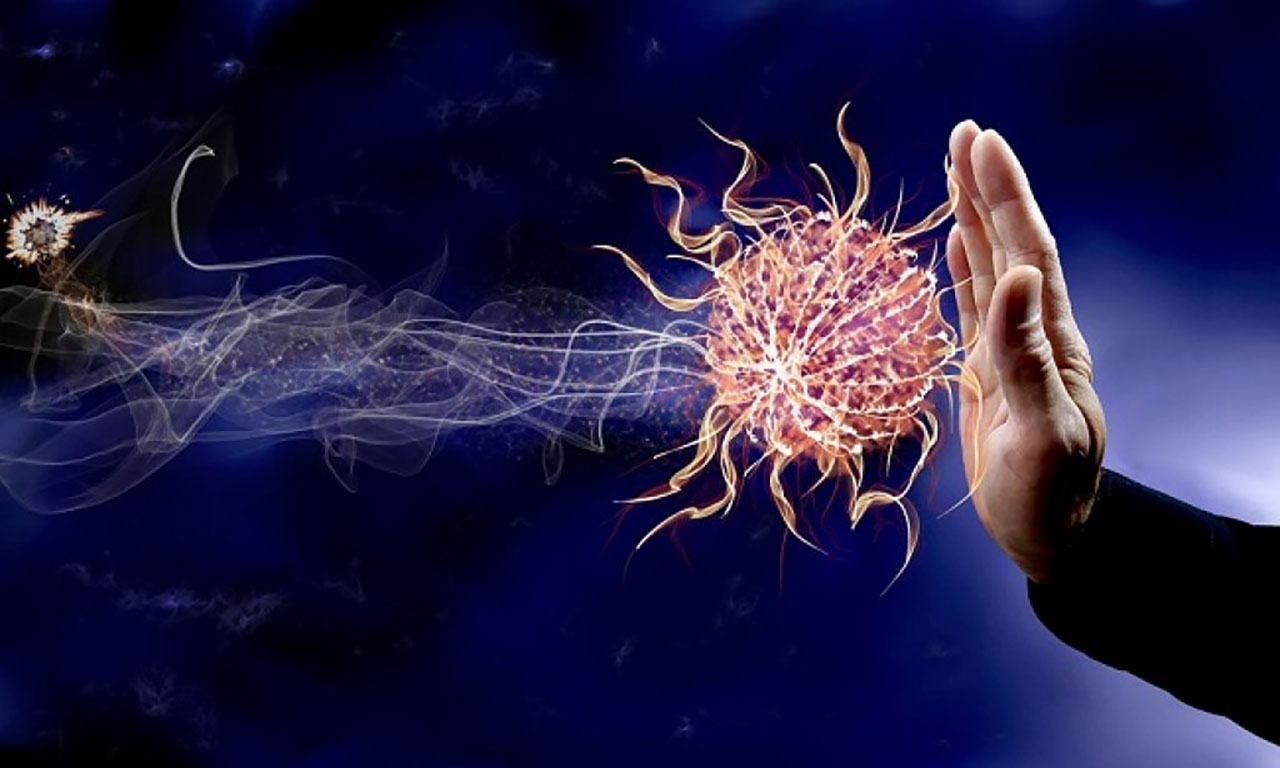IMMUNITY is important, but can also be Lethal!
-
admin
- Posted on
- 0 comments

With brands adding Immunity to every possible product and everyone asking you to Increase, Strengthen or Empower your Immune system. It’s important to understand how the immune system works and can even be harmful if over-exercised. Let’s know more about the immunity meaning and immunity types.
The immune response is how your body protects itself from antigens (viruses, bacteria or chemicals, toxins, etc).
The body’s resistance to disease is of utmost importance and thus the concept of immunity plays a major role in sustaining our health and well-being. Immunity and the role of immunomodulators have been a core concept in Ayurveda and have been practiced for centuries.
Immunomodulators in Modern science
With the notion of immunity changing at a rapid pace, the concept of immunomodulators is now finding a place in modern medicine. “Psychoneuroimmunology,” a branch of modern science that studies the interrelation of psychological factors, nervous system, and immunity has been recognized in Ayurveda for decades.
Modern medicine is now coming closer to the Ayurvedic principles of Vyadhi-ksamatva (the power of the body to stop or decrease a disease) and Ojas or Bala (the body’s ability to destroy the diseases causing agents). The Ojas and Bala are like defense mechanisms of our body and play a vital role in sustaining immunity.
3 kinds of immunity
Vyadhi–ksamatvaor Balavaries from individual to individual and depends on environmental, nutritional, mental, and physical factors. In Ayurveda immunity can be classified as
- Sahaja Bala- An individual’s genetic or innate resistance to a disease that is acquired since birth. It forms the first line of defense and prevents harmful materials from entering the body.
- Kalaja Bala: Immunity that is influenced by seasonal traits as well as the age of an individual.
- Yuktikrit Bala: The acquired immunity of an individual builds a defense against the specific antigen by means of appropriate diet, physical exercise, rest, and restorative therapy, also known as Rasayana.
Rasayana (Ayurvedic therapy)
Rasayana can be a diet, medicine, or even a lifestyle. It is a state of nourishment that strengthens the Ojas and Bala which in turn upholds the immunity of an individual. Rasayana contributes to the replenishment of body tissues thus promoting longevity, improved memory and intelligence and several other benefits.
दीर्घमायुः स्मृतिं मेधामारोग्यं तरुणंवयः|
प्रभावर्णस्वरौदार्यं देहेन्द्रियबलं परम्||७||
वाक्सिद्धिं प्रणतिंकान्तिं लभते ना रसायनात्|
लाभोपायो हि शस्तानां रसादीनां रसायनम्||८||
Meaning
By promotive treatment, one attains longevity, memory, intelligence, freedom from illness, youthfulness, excellence of luster, complexion, and voice, optimum strength of physique and sense organs, perfection in deliberation, respectability, and brilliance. Rasayana is the means of attaining excellent qualities of rasa etc. dhatus i.e. body cells and tissues
Rasayana Herbs
Herbs as Rasayana contribute well to the body’s natural ability to fight diseases. Few commonly found herbs that have immunomodulatory effects are:
- Ashwagandha (Withania somnifera): or Indian Ginseng improves your body’s defense against diseases
- Guduci (Tinospora cordifolia): also known as Heart-leaved moonseed or Giloy has anti-inflammatory properties
- Tulasi (Ocimum sanctum): or Tulsi which strengthens immunity by preventing bacteria, virus,es and other disease-causing pathogens
- Amalaki (Emblica Officinalis): commonly known as Amla or Indian gooseberry increases immunoglobulin levels in infants and is a great contributor to strengthening the body’s defense mechanisms.
These herbs being widely available in our country, can be used by a vast majority of the population in order to strengthen immunity.
Autoimmune Diseases
In lieu of the current situation, and the ever-increasing need of individuals to boost immunity, one should keep in mind that increased or excessive medication could produce autoimmune disorders.
Thus, excessive use of immunomodulators or vaccines can trigger these autoimmune responses and can result in the development of autoantibodies.
Few Autoimmune diseases are:
- Chronic fatigue syndrome (CFS)
A disease characterized by headaches, fatigue, problems with concentration and memory or sore throat, fever, and muscle pain.
- Rheumatoid arthritis (RA): A chronic inflammatory arthritis affecting multiple diarthrodial joints.
- Immune Thrombocytopenic Purpura (ITP): An autoimmune disease defined by a platelet count of fewer than 105 platelets/μL.
- Narcolepsy: A sleep disorder described as excessive sleepiness with uncontrollable rapid eye movement (REM) at any time of the day.
- Celiac Disease (CD): A life-long autoimmune condition affecting the gastrointestinal tract, mainly the small intestine.
- Polymyalgia rheumatic (PMR): An inflammatory rheumatic disease characterized by pain and morning stiffness of shoulders and pelvic girdles and joints. It mostly affects individuals above the age of 70.
- Acute disseminated encephalomyelitis (ADEM): An inflammatory disease of the central nervous system (CNS) that damages the myelin sheath of neurons.
Too much of an immune response or too little can have adverse effects on our bodies.
Thus, moderation is key and a good balance of Ojas and Bala along with Rasayana therapies plays an important role in maintaining good health and well-being.
[i] Encyclopedia, M., & response, I. (2020). Immune response: MedlinePlus Medical Encyclopedia. Retrieved 10 November 2020, from https://medlineplus.gov/ency/article/000821.htm
[ii] Tripathi, D., & Singh, P. (1999). The Concept and Practice of Immunomodulation in Ayurveda and the Role of Rasayanas as Immunomodulators. Ancient Science Of Life, XIX.
[iii] Charak Samhita
[iv] Guimarães, L., Baker, B., Perricone, C., & Shoenfeld, Y. (2015). Vaccines, adjuvants and autoimmunity. Pharmacological Research, 100, 190-209. doi: 10.1016/j.phrs.2015.08.003





